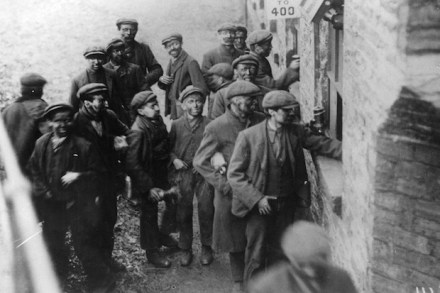An asymmetrical friendship
If you know your Peter Conradi from your Peter J. Conradi, you’ll also know that the former is foreign editor at the Sunday Times, while the latter is a professor emeritus at the University of Kingston and the authorised biographer of the late Iris Murdoch, of whom he was a devoted friend and disciple. It’s Peter J. who has written this crisp memoir, and he gets the doppelgänger confusion over with early on: ‘We two Peter Conradis have never met,’ he writes, ‘but we share an optician, who once offered me his new spectacles instead of my own, so the world was out of focus.’ Family Business is partly about




















